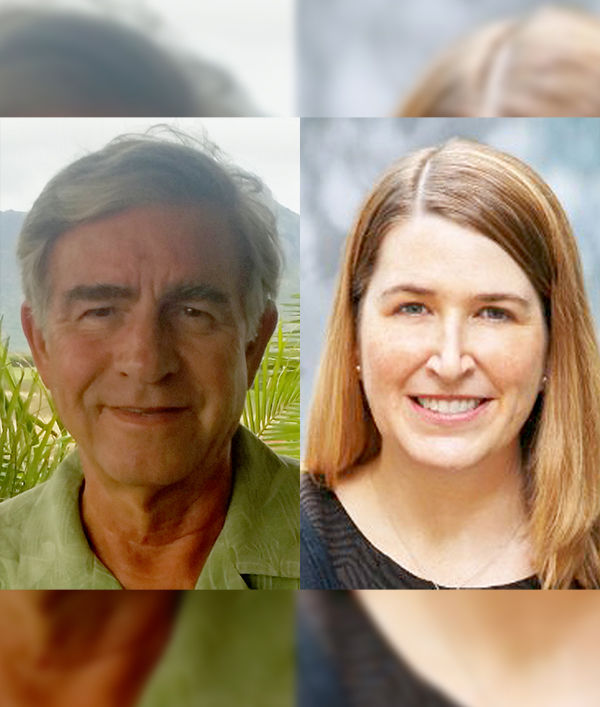MAHAULEPU — Hawaii Dairy Farms began construction activities at the site of their proposed dairy without obtaining the necessary permits, according to a decision on Thursday by Judge Leslie Kobayashi of the federal district court of Hawaii.
But, whether those activities caused, or contributed to, the chronic pollution of the Waiopili Stream has yet to be decided.
“There was enough evidence to go to trial, but not enough to determine that Hawaii Dairy Farms is liable for anything,” said Amy Hennessey, HDF spokeswoman. “What that means is that neither side was able to successfully argue its case to her satisfaction. It was not a determination of fault in any way.”
The decision was a result of a motion for a summary judgment submitted by both parties in an ongoing Clean Water Act violation lawsuit between HDF, Ulupono Initiative, LLC, and Maha’ulepu Farm, LLC; and Friends of Mahaulepu.
“Hopefully, the parties proposing this project will now recognize that the chosen site is dangerously close to a popular beach, the ocean, and to drinking water that services thousands on the South Shore,”said Bridget Hammerquist, president of Friends of Mahaulepu.
The dispute is over the 575-acre dairy site, roughly two miles north of the Grand Hyatt Kauai Resort and Spa. The dairy is set to begin operations with 699 cows, with the possibility of increasing their herd size to 2,000 cows.
Friends of Maha’ulepu alleges that ditch-widening construction on the site in 2014 could have triggered the chronically high levels of bacteria in the area’s water, reported steadily for several years by Surfrider Kauai Chapter’s Blue Water Task Force.
Hennessey said HDF did not widen ditches in 2014.
DOH has also recorded high levels of bacteria in the stream and posted warning signs regarding water quality at the stream mouth in August. Water tests from the stream have revealed water with bacteria levels thousands of times higher than the federally allowed limit.
That pollution could be coming from other sources, though, Hennessey said.
“Speculation thus far has pointed to the abundance of cesspools and injection wells in the Poipu/Koloa area, as well as decaying paint and animal material that naturally occurs,” Hennessey said.
HDF began construction without securing the correct NPDES (National Pollutant Discharge Elimination System) permits, though, the court found.
HDF submitted a Notice of Intent to the state’s Department of Health on Sept. 9, 2014, indicating its plan to operate under a NPDES permit, according to the Thursday decision, however DOH did not approve the permit. HDF reapplied on May 7, 2015 and the application is still pending, according to the decision.
“Defendants engaged in activities pre and post-complaint that required an NPDES permit,” the decision states.
Because HDF’s activities were undertaken as a common plan of development, they needed an NPDES permit for their activities, the decision states.
“The court system has acknowledged that Hawaii Dairy Farms and the landowner, Grove Farm, have been in violation of the Clean Water Act,” said Carl Berg, head of the Blue Water Task Force.
The court further found that the construction activities that occurred on the proposed HDF dairy site don’t qualify for an exemption under agricultural exclusion.
A court-ordered pre-trial settlement conference was also held Thursday in Honolulu regarding the dispute, but no resolution was reached.
The trial is set for Feb. 14.





